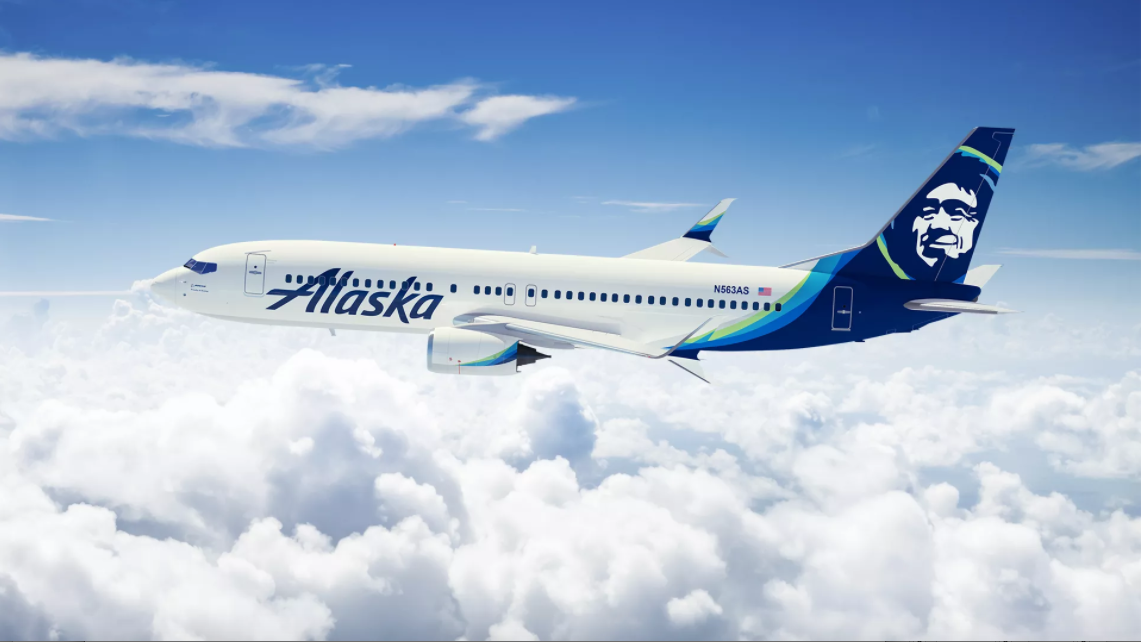Plane Talk: Virgin America is to be airbrushed out of the future
Sir Richard Branson is not alone in mourning the passing of his beloved Virgin America brand with the takeover by Alaska Airlines

Your support helps us to tell the story
From reproductive rights to climate change to Big Tech, The Independent is on the ground when the story is developing. Whether it's investigating the financials of Elon Musk's pro-Trump PAC or producing our latest documentary, 'The A Word', which shines a light on the American women fighting for reproductive rights, we know how important it is to parse out the facts from the messaging.
At such a critical moment in US history, we need reporters on the ground. Your donation allows us to keep sending journalists to speak to both sides of the story.
The Independent is trusted by Americans across the entire political spectrum. And unlike many other quality news outlets, we choose not to lock Americans out of our reporting and analysis with paywalls. We believe quality journalism should be available to everyone, paid for by those who can afford it.
Your support makes all the difference.With a messy divorce on the political agenda in Europe this week, how heartening to read a story of unity from the US aviation industry.
“Alaska Airlines and Virgin America share vision for the future,” trills a press release from Seattle. That location is significant. Washington state’s largest city is the home of Alaska Airlines (yes, if I was the boss I’d prefer it to Anchorage or Fairbanks, too). But Virgin America is headquartered in San Francisco. Or, rather, was.
Alaska’s bid of more than £2bn for Virgin America has gone through, so the two are now one. In other such takeovers, both brands are preserved. Air France KLM, for example, keeps both the French and Dutch operations distinct – with loyal customers for both. And since 2012, Virgin Atlantic has been 49 per cent owned by Delta Airlines – as the Virgin’s former chief executive Steve Ridgway told me at the time: “The brand is not going to be subjugated.”
But sometimes the larger partner extinguishes the smaller: British Airways and British Caledonian, American Airlines and US Airways, United and Continental. And, despite the powerful brand of Virgin America, it turns out that the shared vision for the future is one where Sir Richard Branson’s brand is erased.
A statement said: “After careful consideration, the combined company will adopt Alaska’s name and logo, retiring the Virgin America name likely sometime in 2019.”
The Virgin boss, who had battled against relentless opposition from entrenched aviation interests to create a US operation that transformed the passenger experience, was furious.
“Being different and on a mission to truly reinvent an experience for the customer is increasingly rare in this business,” he writes in a heartfelt letter on Virgin’s website.
“Remember that time from 2004 to 2007 when we leased planes that were sitting on the runway while we waited for the US government to give us a licence so that we could make flying good again? Remember the naysayers who said you could not create an experience-driven airline in the US and survive?
“We grew to more than 25 cities, swept every single major consumer travel award and became profitable.”
Branson added: “It is possible to create a business with a terrific culture and a brand that people love.”
Alaska Airlines promises to keep some of the Virgin America touches, such as “enhanced in-flight entertainment, mood lighting, music and the relentless desire to make flying a different experience for guests”.
Chief executive, Brad Tilden, said: “Our goal from the very beginning of this merger was to become the go-to airline for people on the West Coast, with low fares, convenient flights, a premium product and genuine, caring service.”
But Brian Sumers of the leading travel industry “intelligence platform”, Skift said: “The big surprise would have been if Alaska Airlines kept the Virgin America brand.”
Virgin America, he suggests, was the subject of a bidding war between JetBlue and Alaska Airlines, for something more tangible than brand value. The real target, he says was “Virgin America’s gates in San Francisco and Los Angeles – they are hard to get any other way – and its landing rights in Washington and New York.
“It also helps that Alaska was able to knock out a West Coast competitor, while (it hopes) picking up most of its customers.”
Plenty of people in the industry say that only consolidation of this sort – a big airline swallowing a smaller player – can turn aviation into something like a rational business. But it is sad to see a genuinely innovative player airbrushed out of the future.
Join our commenting forum
Join thought-provoking conversations, follow other Independent readers and see their replies
Comments